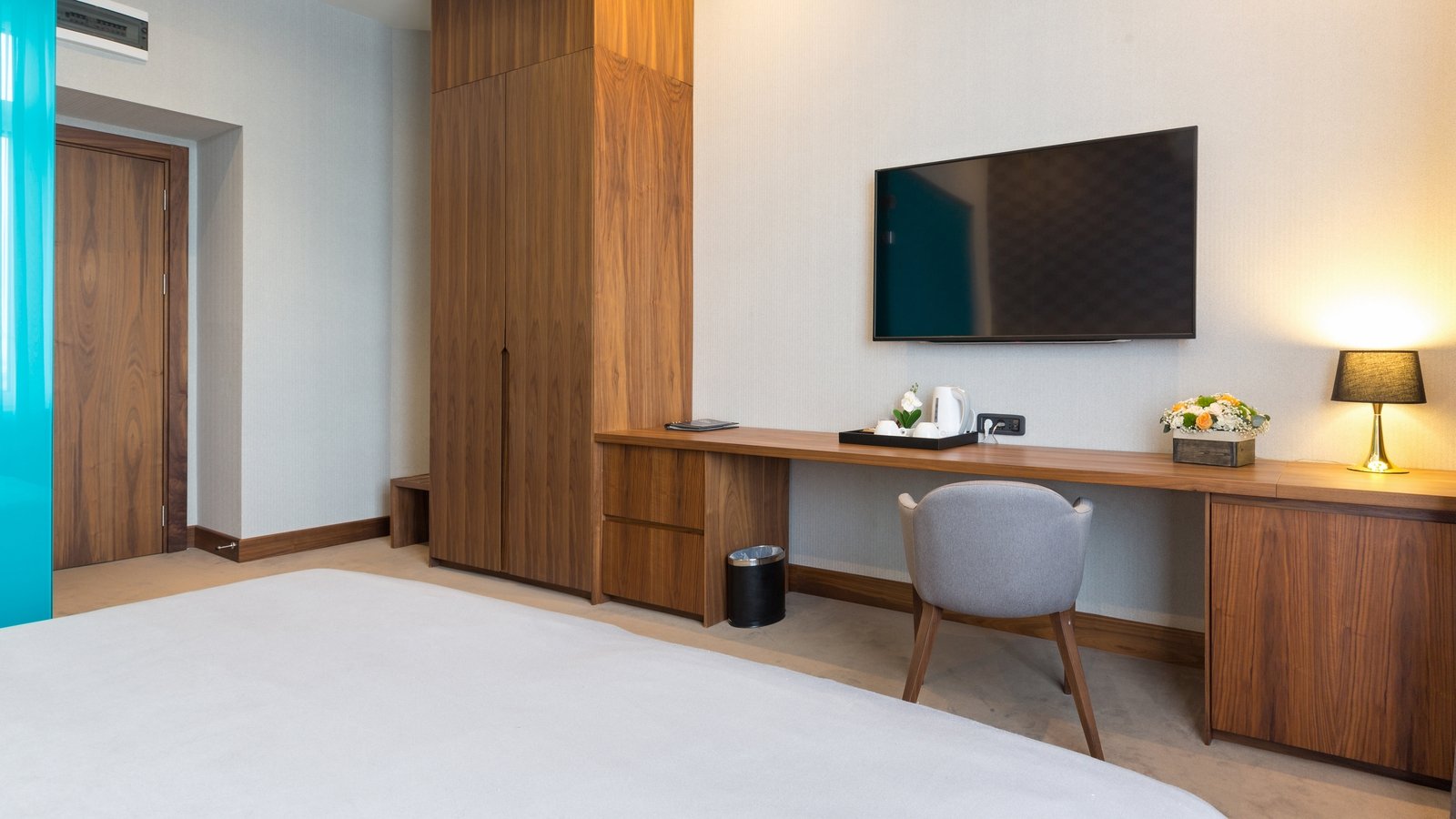Hotel owners have said any plans to hike the licence fee for commercial premises with multiple televisions are unacceptable.
It emerged last week that the Government wanted to maintain the €160 licence fee, with modifications, while also providing multi-annual funding to RTÉ.
Cabinet is due to sign off on the measures on Wednesday at its last meeting before the summer break.
Minister of State at the Department of Communications, with special responsibility for Postal Policy, James Lawless asked An Post to come up with proposals for how it could strengthen compliance, while also increasing the number of those that pay.
The idea is that if the base is broadened, including an increased contribution from commercial premises, this could bring down the cost of the licence for ordinary households.
President of the Irish Hotels Federation, Michael Magner said: “There can be no justification for any further increases in Government-controlled costs on hotels and other hospitality businesses in the current environment. Hospitality businesses are already grappling with exceptional increases in business costs – which are largely being driven by the Government’s own economic policies.”
At present, businesses only pay for one TV licence whether they have one television or 100.
This is something that has long been flagged as warranting further examination.
An Post set out a list of proposals, which are being considered by Minister Lawless before he prepares a memo for Cabinet on the matter.
These include extra charges for commercial premises, such as bookies, bars and hotels – €169.50 for the first 15 screens and €169.50 for every five screens after that.
The IHF said this would be “unacceptable”.
“For an average 75-bedroom hotel, the proposed increase would result in over €2,000 in additional licence fees, representing an almost 1,300% increase on the existing fee,” the organisation said.
“If approved, this additional cost increase would add significantly to the already high levels of licencing fees paid out by hospitality businesses such as Public Performances (PPI) and IMRO (Irish Music Rights Organisation) tariffs.”
Other measures being considered include changing the responsibility to the owner of the property, rather than the occupier – which could require landlords to provide tenant details to An Post.
This could remedy the situation whereby around one-in-five homes are not identifiable for licence purposes.
An Post also suggested a mechanism where access to licensed media could involve a code which can be keyed into any device, like with Sky or BBC players.
Another recommendation involves updating the licence holder database to purge stale data and end the traditional “knock on the door” inspector model.
Inspectors will still call to homes to verify where householders submit a “Statutory Exemption Declaration” and to ensure there are no devices which could receive public media.
A source close to Mr Lawless said: “The TV licence collection system was badly in need of reform. An Post are a superb agency and Mr Lawless and the Government have said they want them to continue collecting the licences money, so the reforms proposed are very welcome at this time.
“Householders will be particularly glad to hear that increased revenue from commercial could offset the amount they have to pay out every year.”

